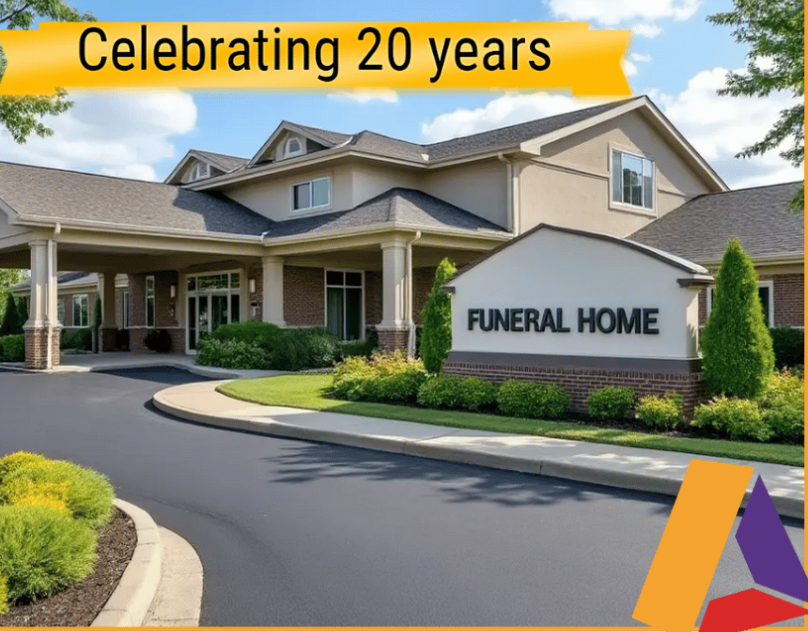something you’ve built, probably over decades. This guide keeps it simple and grounded. No sugarcoating. No pitchy nonsense. Just practical info to help you through the process.
First, Know Why You’re Selling
Before anything else, figure out your why. Are you retiring? Burned out? Ready for a new chapter? Your reason shapes how you move forward. It helps buyers understand your situation too.
What’s Your Funeral Home Worth?
Valuation isn’t always cut and dry. Sure, you’ve got the building, the vehicles, maybe some pre-need contracts. But it’s also about reputation, cash flow, and location. Work with someone who gets the industry. And be real with yourself — sentimental value doesn’t equal market value.
Timing Matters More Than You Think
Don’t rush the process. Selling a business — especially in this space — can take months. Maybe even a year or more. If you’ve already decided to sell funeral home, start preparing now. Gather your financials, clean up operations, and sort out any legal loose ends.
What Buyers Are Really Looking For
It’s not just about how “nice” your space looks. Most buyers are thinking long-term. They want predictable revenue, manageable overhead, and a business that doesn’t fall apart without you. That’s where clean books and reliable staff make a huge difference.
Financing Is a Big Deal
Here’s where things get real for buyers. Many need help with funeral home financing. That means your business needs to look “loan-worthy.” The bank (or SBA) wants to see profit. Even if it’s not huge — consistency matters more.
Common options buyers explore:
-
Funeral home loans
-
SBA loans for funeral homes
-
Funeral home acquisition loans
-
Loans to buy a funeral home
And yeah, you don’t have to apply — but if your business can’t support financing, it’s going to sit unsold.
Help Buyers See the Possibility
If you’re around to show buyers what’s working — and what still has room to grow — that’s a big win. Some buyers might be new to the industry. Others may want to expand. Either way, be honest. Share what’s been tough and what’s still on the table.
Prep for Due Diligence
When a serious buyer shows up, they’ll dig in. Expect questions about:
-
Taxes
-
Contracts
-
Revenue trends
-
Client mix
-
Real estate (if it’s part of the deal)
Make it easy. Have the paperwork ready. Being organized builds trust.
Know Your Exit Strategy
Will you stick around for a while to help with the handoff? Or walk away after closing? Some buyers want a transition period. Others want a clean break. Talk about it early — no one likes last-minute surprises.
A Quick Note on Mortuary Business Financing
Some buyers might look into mortuary business financing, or explore rates from the best banks for funeral home loans. You can help by pointing them in the right direction — or at least by not hiding anything that could impact their approval.
Also, they might ask about:
-
How to finance a funeral home purchase
-
Funeral home business loan rates
If your books are clean and your business is steady, they’ve got a good shot.
Don’t Skip the Emotional Side
Let’s not pretend this is just a business move. Selling a funeral home can feel weird. Heavy, even. Take time to process. Talk to people you trust. Make peace with the idea of letting go.
Final Thoughts
You don’t need to rush or have all the answers overnight. Just be thoughtful, prepared, and realistic. If you’re serious about planning to sell funeral home, lean into the process one step at a time.
One Last Thing
No two funeral homes — or sellers — are the same. Whether you’re walking away from a decades-old family business or just moving on to something new, make it count. Be fair, stay grounded, and take the time to do it right.









